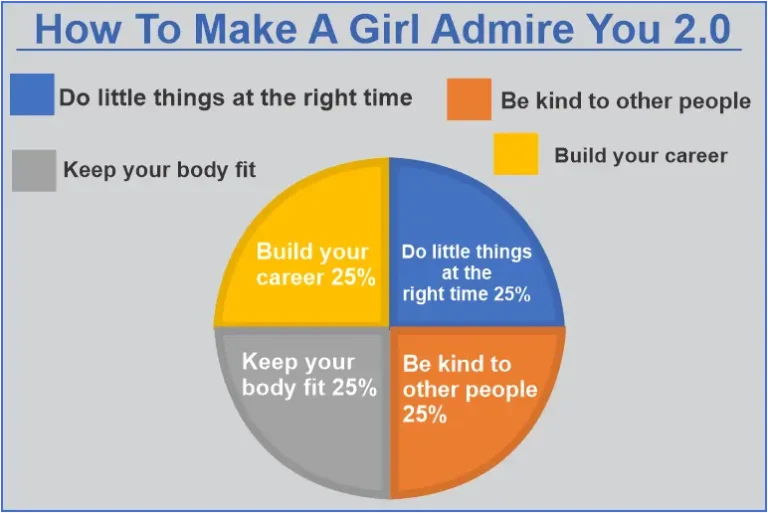Stop Saying Thank You After Making Love: Do This Instead
It is about time you shift the post-lovemaking dialogue from “thank you” to shared affirmations and tender gestures, enriching the intimacy beyond words.

In the realm of human interactions, gratitude is a cornerstone of healthy relationships. It’s a powerful social glue, reinforcing bonds and affirming appreciation.
However, there’s one context where the customary “thank you” might warrant reconsideration: post-coital moments.
The idea of expressing gratitude after making love is deeply ingrained in our culture, but it might be time to explore more nuanced ways of connecting and expressing appreciation.
Let’s delve into why and how to navigate this delicate aspect of intimacy.
Stop Saying Thank You After Making Love
The Tradition of “Thank You”
For generations, the phrase “thank you” has been synonymous with expressions of gratitude in countless situations.
In the context of romantic or sexual encounters, it’s often used to convey appreciation for the shared experience, tenderness, or pleasure.
However, in the realm of intimacy, the dynamics are more complex than in everyday interactions. While the sentiment behind saying “thank you” may be genuine, its reflexive use might inadvertently create a sense of transactionality or obligation, detracting from the genuine intimacy of the moment.
The Impact of “Thank You”
In the aftermath of lovemaking, individuals often seek validation and reassurance from their partners. While “thank you” might seem like a natural response, its implications can vary.
For some, it may feel like a courteous acknowledgment of mutual pleasure. Yet, for others, it could evoke feelings of inadequacy or pressure to perform.
Moreover, the repetition of this phrase may dilute its significance over time, leading to a loss of authenticity in communication.
What to Do Instead of Saying Thank You
1. Non-verbal Communication
Actions speak louder than words. Instead of verbalizing gratitude, consider expressing it through physical touch, lingering embraces, or tender gestures. These subtle cues can convey appreciation and affection more deeply than mere words.
Men often have a reputation for remaining silent during and after intercourse. If discussing the experience feels daunting, consider expressing your feelings through non-verbal cues instead.
While thank you may seem normal and easy approach, it may reduce the value of your moment together.
Moreover, saying “thank you” to your partner after intimacy might inadvertently dampen his spirit. He could perceive it as a sign that he wasn’t enough for you, potentially leading to feelings of inadequacy.
2. Use Affirmative Statements
Rather than a generic “thank you,” opt for affirmative statements that affirm your partner’s value and the connection you share. Phrases like “I love being with you” or “You make me feel amazing” can be more personal and intimate, fostering a deeper emotional connection.
If you want to learn more about affirmative statements that can boost your intimate sessions, read my blog post on things to say after sex.
3. Engage in Reflective Conversations
Engage in reflective conversations after lovemaking, where you openly share your feelings, desires, and experiences.
This creates a safe space for both partners to express themselves authentically and deepen their emotional intimacy.
4. Shared Affection
Focus on mutual affection and reciprocity. Encourage open dialogue about each other’s needs and desires, fostering a sense of partnership and collaboration in your intimate encounters.
5. Go on a Date Night
Instead of saying thank you, rather take your partner on a date to spend some time together. This will foster a good relationship between you.
6. Offer Encouragement and Affirmation
Instead of thanking your partner, offer words of encouragement and affirmation. Let them know how much you cherish the intimacy you share and how important they are to you.
Hearing positive affirmations can boost your partner’s confidence and strengthen your connection.
7. Help with the House Chore
Instead of thanking your partner, help with the house chores like washing the dishes, cleaning the house, or preparing food.
8. Find a Solution to the Problem
If you feel your partner isn’t meeting your expectations in bed, have an open conversation to address the issue. Work together to find solutions, whether it’s seeking advice from a healthcare professional or implementing simple intimacy and health tips to enhance your experiences together.
9. Express Appreciation Through Actions
Show your gratitude through physical affection and tenderness. A gentle caress, a loving kiss, or simply holding each other close can convey your appreciation in a more intimate and heartfelt manner.
10. Share Your Feelings
Take the opportunity to share your emotions and thoughts about the experience. Express what you enjoyed, what made you feel connected, and how much you value your partner. This open dialogue can deepen your emotional bond and reinforce the intimacy you share.
11. Suprise Your Partner
Surprise your partner by coming home with a thoughtful gift. It doesn’t have to be extravagant; even small gestures can make a big impact.
Consider bringing home a cheerful sunflower, an interesting magazine, an inspirational book, useful cooking utensils, or a stylish shirt or dress.
Just ensure that your gift doesn’t unintentionally convey a negative impression, and let your partner know that you were thinking of them.
Conclusion
In the realm of romantic and sexual relationships, expressions of gratitude are essential for nurturing connection and mutual appreciation. However, the conventional practice of saying “thank you” after making love may warrant reconsideration.
By exploring alternative ways of expressing gratitude and affection, couples can cultivate deeper intimacy and strengthen their bond beyond mere words.
Ultimately, it’s about fostering genuine connection and emotional resonance in every aspect of the relationship.
So, the next time you find yourself tempted to utter those familiar words, consider exploring new avenues of communication and connection with your partner.
That’s it for now family. Let me know what you think about this article by telling me in the comment box which of the points is your favorite.






